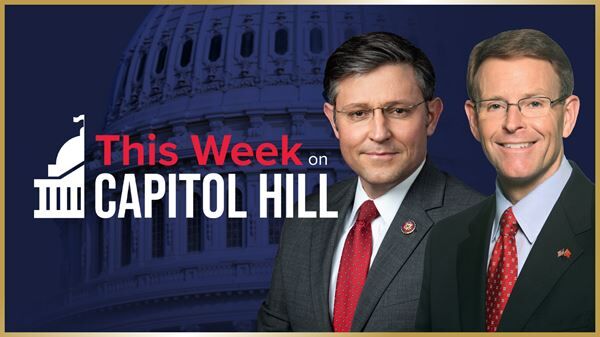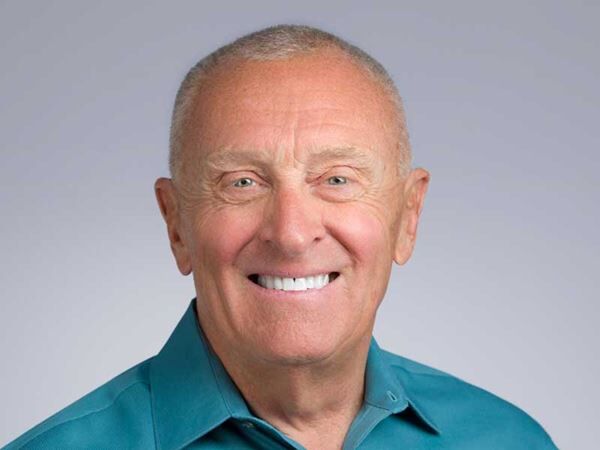How to get a COVID-19 shot and ensure its covered by your insurance
News > National News

Audio By Carbonatix
5:57 AM on Saturday, September 20
By TOM MURPHY
Drugstores are ready to deliver updated COVID-19 vaccines this fall and insurers plan to pay for them, even though the shots no longer come recommended by an important government committee.
On Friday, vaccine advisers picked by Health Secretary Robert F. Kennedy Jr. declined to specifically recommend the shots but said people could make individual decisions on whether to get them.
The recommendations from the advisers to the Centers for Disease Control and Prevention require sign off by the agency's director, but they are almost always adopted.
Those recommendations normally trigger several layers of insurance coverage and allow drugstores in many states to deliver the shots. But insurers and government officials have said coverage will continue, and several states have allowed for vaccine access through pharmacies, the most common place to get shots.
Many people start seeking vaccinations in the late summer or early fall to get protection against any winter surges in cases.
Here's a closer look at the issue.
Many are expected to do so, but you still may want to check with yours.
The Department of Health and Human Services said Friday that the committee vote “provides for immunization coverage through all payment mechanisms.” An HHS spokesperson said that included Medicaid, the Children's Health Insurance Program, commercial coverage sold through health insurance marketplaces and the federal Vaccines for Children program, which pays for roughly half of childhood vaccinations in the U.S. each year.
That VFC program normally automatically covers any vaccines recommended by the CDC committee.
The trade group America's Health Insurance Plans said earlier this week that its members will continue to cover the shots at no cost to patients through 2026.
That group includes every major insurer except UnitedHealthcare. And that insurer also has said it also will continue to cover the vaccine at no cost for its standard commercial coverage, which includes plans offered for individuals and through small businesses.
One caveat: Large employers that offer coverage will make their own decisions on the vaccines.
They may be motivated to continue coverage: The vaccines can help ward off expensive hospital bills from people who get a bad case of COVID-19.
About two thirds of adults get COVID-19 shots at pharmacies, and around 30% receive them at doctor's offices, according to CDC data.
Access to the shots has grown after a clunky start to vaccine season that saw some people travel to nearby states when they couldn't make appointments at pharmacies closer to home.
Drugstore chains like CVS say their locations are stocked with the latest vaccines, and they now are able to deliver vaccinations in all 50 states and Washington, D.C. Prescriptions are required in D.C. and a handful of states like Florida and Georgia, CVS Health spokeswoman Amy Thibault said.
Walgreens also requires prescriptions in a few states, a company spokesperson said.
Until now, the U.S. has recommended yearly COVID-19 shots for everyone age 6 months and older.
The U.S. Food and Drug Administration recently approved the shots for all people age 65 and older, and for younger adults and children with a condition that puts them at high risk for catching a bad case of COVID-19.
The CDC maintains a long list of conditions that would put someone at high risk. It includes people with asthma, cancer, heart or lung problems, obesity, depression and a history of smoking. It also includes those who are physically inactive, and the agency notes that this list is not conclusive.
Patients can consult with their doctor or care provider to decide whether they are high risk if they don't have a condition on that list.
Both CVS and Walgreens representatives say their companies will ask patients under age 65 if they have any of these factors. They won't require proof.
"In simplest terms, if a patient says they’re eligible they will get the vaccine," said Thibault, the CVS Health spokeswoman.
___
The Associated Press Health and Science Department receives support from the Howard Hughes Medical Institute’s Science and Educational Media Group. The AP is solely responsible for all content.








